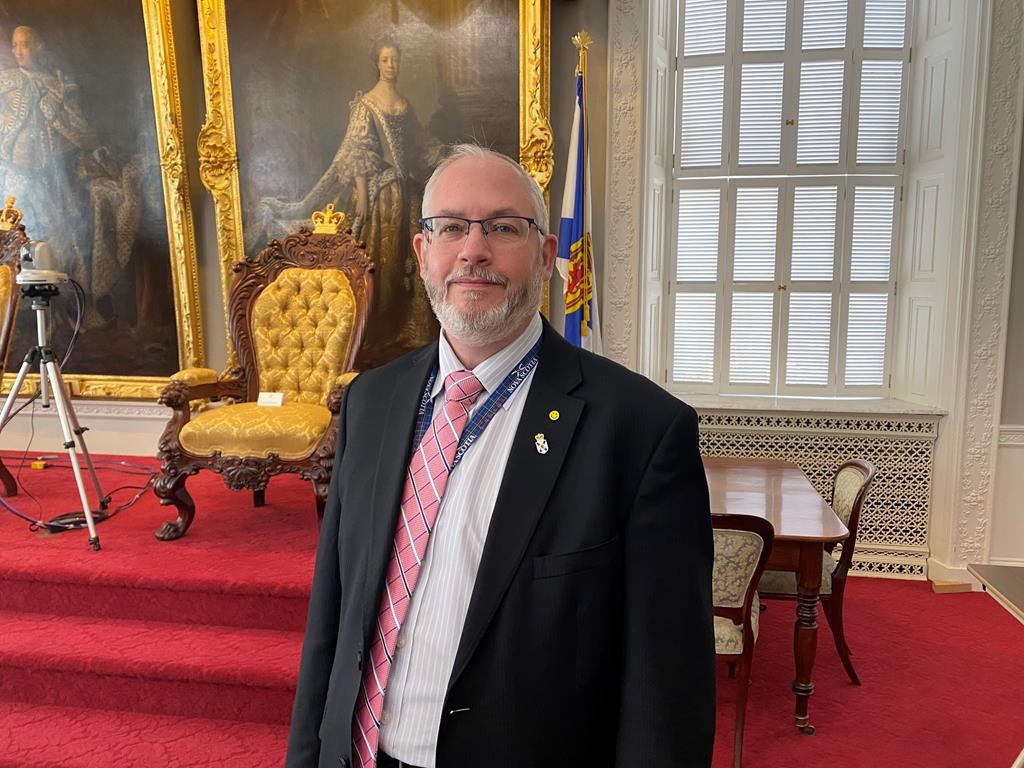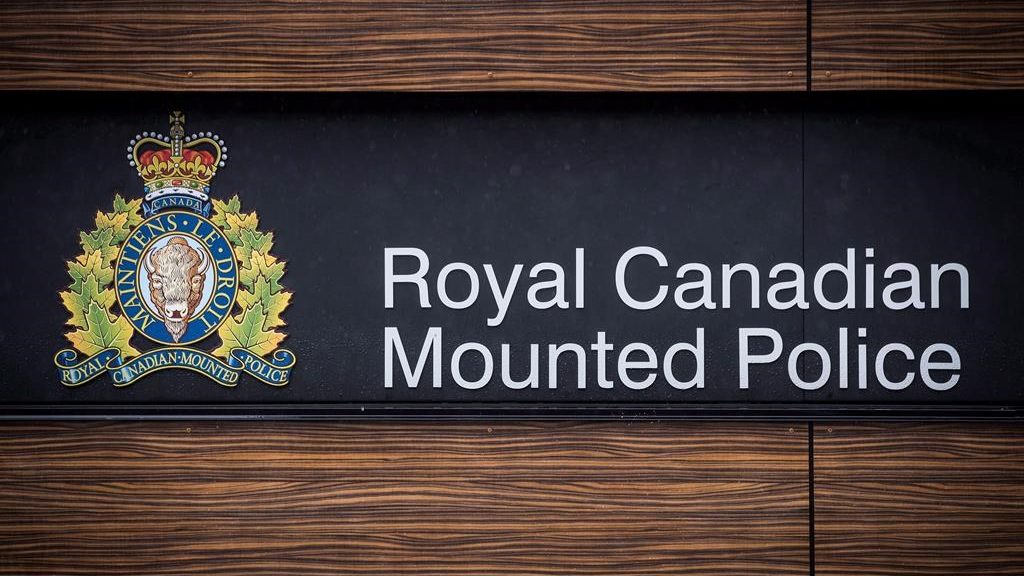UN authorizes 300 cease-fire observers for Syria, demands immediate halt to violence
Posted Apr 21, 2012 03:51:20 PM.
This article is more than 5 years old.
The Security Council unanimously approved a resolution Saturday expanding the number of U.N. cease-fire observers in Syria from 30 to 300 and demanding an immediate halt to the violence that has been escalating since the government and opposition agreed to end hostilities more than a week ago.
The resolution is the first authorizing unarmed U.N. military observers to go into a conflict area, and it gives Secretary-General Ban Ki-moon authority to decide when to deploy the additional monitors, based on developments on the ground including “the consolidation of the cease-fire.”
Ban accused Syrian President Bashar Assad on Thursday of failing to honour the cease-fire, expressing dismay that increased violence is claiming more lives. In a statement Saturday from his spokesman welcoming adoption of the resolution, the U.N. chief again demanded that Syria end all violence and “the gross violations of the fundamental rights of the Syrian people,” and send its troops and heavy weapons back to their barracks.
The resolution establishes a United Nations Supervision Mission in Syria, to be known as UNSMIS, “comprising an initial deployment of up to 300 unarmed military observers as well as an appropriate civilian component” for an initial period of 90 days to monitor the cessation of violence and the implementation of international envoy Kofi Annan’s six-point peace plan.
The resolution merged rival Russian and European texts and dropped a European threat of non-military sanctions against Syria if it fails to withdraw troops and heavy weapons from towns and cities. Instead, it uses language from the resolution adopted last Saturday authorizing deployment of the 30-strong advance team of observers which expresses the council’s intention to assess implementation of the new resolution “and to consider further steps.”
Russia’s U.N. Ambassador Vitaly Churkin, who pressed for speedy adoption of the resolution, told the council after Saturday’s vote that the measure is “of fundamental importance to push forward the process of the peaceful settlement in Syria” and to support Annan’s plan. Diplomats said Annan, the joint U.N.-Arab League envoy, is expected to brief the council on Tuesday.
Russia and China, who vetoed two previous resolutions on Syria, are vehemently opposed to sanctions, and Churkin warned against any “deviation” from the new resolution. He stressed that “the Libyan model” — where the council authorized military action to protect civilians during last year’s uprising — “should always be something that remains in the past.”
But U.S. Ambassador Susan Rice, in the toughest speech of the session, warned Assad that if Syria doesn’t implement all its commitments or obstructs the work of the monitors, the United States would pursue other “measures,” which in diplomatic language usually means sanctions.
“Let there be no doubt, we, our allies and others in this body are planning and preparing for those actions that will be required of all of us if the Assad regime persists in the slaughter of the Syrian people,” she said, adding that the U.S. will not wait 90 days to take these measures if Syria keeps flouting its obligations.
Britain’s U.N. Ambassador Mark Lyall Grant said the expanded observer mission and Annan’s proposal “represents the last opportunity to secure a solution to the crisis in Syria.”
“It is an unprecedented step to deploy unarmed U.N. personnel into such a dangerous environment,” Lyall Grant said. “It is fraught with risk. The mission will fail in its task if the regime continues to violate its commitments and obstructs the work of the mission.”
The key difference between the original Russian and European texts was whether there should be any conditions for deployment of the expanded force.
The Europeans wanted the secretary-general to determine “to his satisfaction” that Syria has implemented its pledge to send troops and heavy weapons back to their barracks. The Russian draft had no conditions. The Europeans succeeded in inserting language in the compromise version leaving the final decision to the secretary-general.
The Russians had also called for a limited civilian component, while the Europeans wanted to spell out the skills required of the civilians, including political, human rights, civil affairs and public security. The resolution also leaves the decision on the number of civilians and their expertise to Ban.
The resolution also called on the Syrian government to implement its commitment to pull its troops and heavy weapons out of towns and cities and return them to their barracks.
Syria’s U.N. ambassador, Bashar Ja’afari, told the Security Council that his government had informed Annan on Saturday that it has withdrawn troops and heavy weapons from urban centres, but he did not make clear when the purported pullback took place. He said police and other security forces will maintain law and order and “exercise the utmost degree of restraint” but will respond to attacks by “armed terrorist groups.”
Ja’afari said Syria has “demonstrated considerable co-operation” with Annan and his plan, noting that the government has granted visas “to more than 600 mass media.” He accused the council of making no demands on the opposition and warned that there can be no peace unless international countries, especially in the Arab region, stop arming and training opposition groups.
Rice, the U.S. ambassador, said the opposition welcomes the prospect of an expanded U.N. observer force because “they will be impartial eyes and ears” and hopefully will have a restraining effect on the violence.
But she stressed that the United States is “sober about the risks, all the more so given the Assad regime’s long record of broken promises, deceit and disregard for the most basic standards of humanity.”
“The Syrian people, like us, know that the deployment of 300, or even 3,000 unarmed observers cannot on its own stop the Assad regime from waging its barbaric campaign of violence against the Syrian people,” she said. “What can bring a halt to this murderous rampage is continued and intensified external pressure on the Assad regime.”
Unlike most resolutions that call for reports to the Security Council in 30 days, the resolution adopted Saturday calls for reports every 15 days which France’s U.N. Ambassador Gerard Araud said will enable members to react “if things are going bad.”
Araud stressed that the deployment of the first seven observers “has not changed the murderous behaviour of the regime.”
The U.N. and Syria have already reached a preliminary agreement on the operation of the expanded force but the issue of the use of helicopters and aircraft by the U.N. mission will likely dominate discussions in the coming days.
The secretary-general has pressed the need for independent air assets but Syria has resisted. The resolution calls for a rapid agreement on the helicopter issue.
The preliminary agreement says the observers will have freedom to go anywhere in the country, take pictures, and use technical equipment to monitor compliance with the cease-fire.
The observers, who report to Annan daily, will also have freedom to install temporary observation posts in cities and towns to monitor military convoys and be granted access to detention centres and medical facilities.










